Behind-the-scenes information was leaked on the Internet yesterday about the fact that regulatory authorities within the European Union are preparing a proposal that relates to batteries in smartphones, or their interchangeability. For environmental reasons, lawmakers want to introduce a rule that would require manufacturers to install easily replaceable batteries in phones.
It could be interest you

Due to the fight against e-waste, the European Parliament approved a memorandum on a uniform method of charging electronic devices at the end of January. However, another legislative amendment is reportedly being prepared, which aims to simplify the process of replacing batteries in smartphones. The discussion should take place within the next month.
Based on the behind-the-scenes information released, it looks like lawmakers want to take inspiration from the past, when phone batteries were very easily user-replaceable. This is definitely no longer the case these days, and the entire process usually requires professional service intervention. The complexity of battery replacement is said to be one of the reasons why users change their mobile phones more often.
It could be interest you
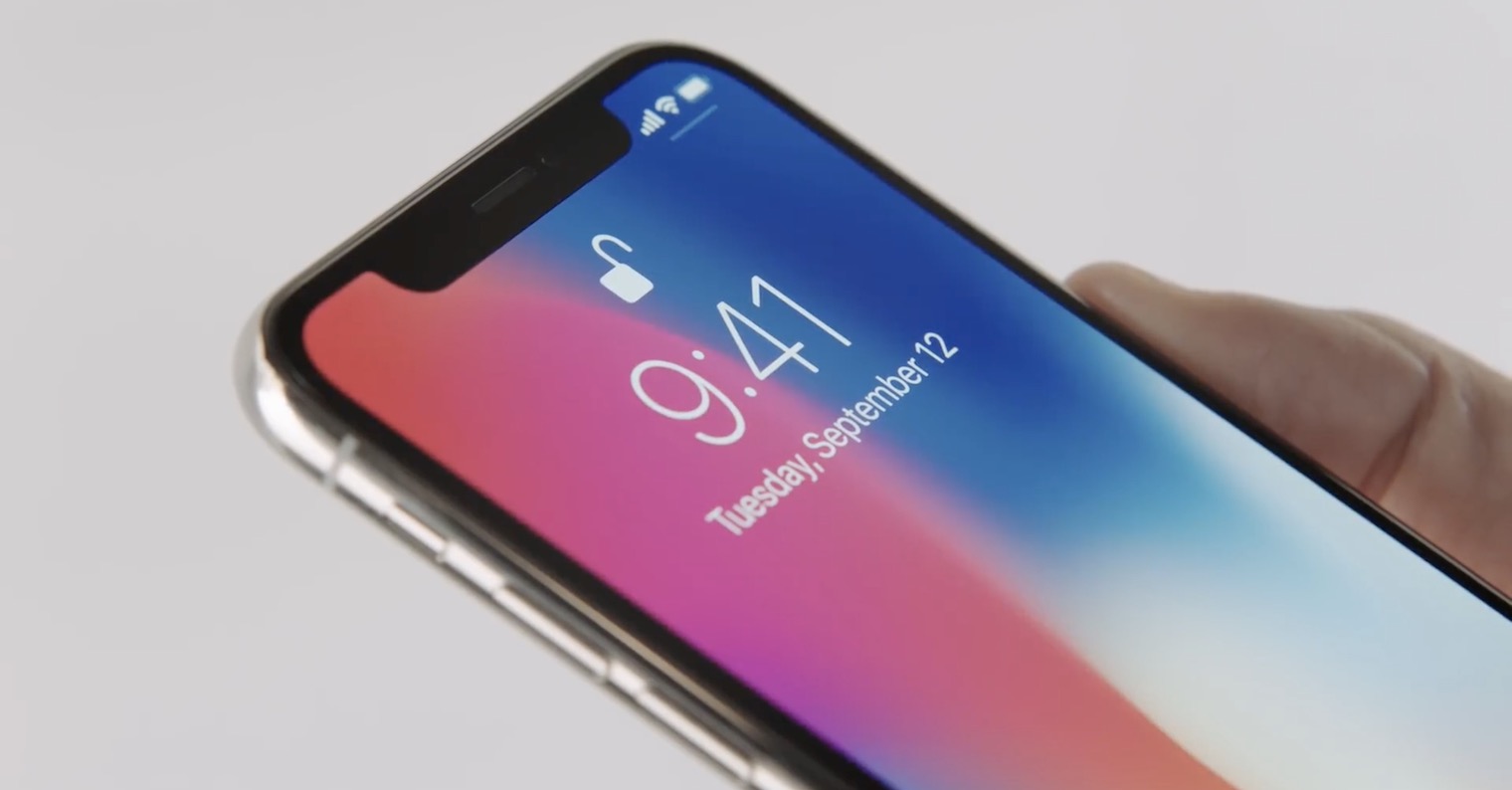
From the leaked legislative proposal, it follows that the aim of this proposal is to force electronics manufacturers to include in their designs a number of easy user battery replacements, not only in smartphones, but also in tablets or wireless headphones. It is not yet entirely clear how the European Parliament wants to achieve this change and what leverage it has on manufacturers. It is not even clear whether this new legislation will pass at all. However, due to the fact that it is protected by ecology, it is very well-trodden. The leaked document also mentions the issue of battery production as such, which is said to be unsustainable in the long term.
In addition to easier battery replacement, the proposal also talks about the need for overall simplification of service operations, the fact that manufacturers should offer a longer warranty period and also a longer support period for older devices. The goal is to increase the durability of electronics and ensure that users do not change (or are not forced to change) their smartphones, tablets or wireless headphones as often.
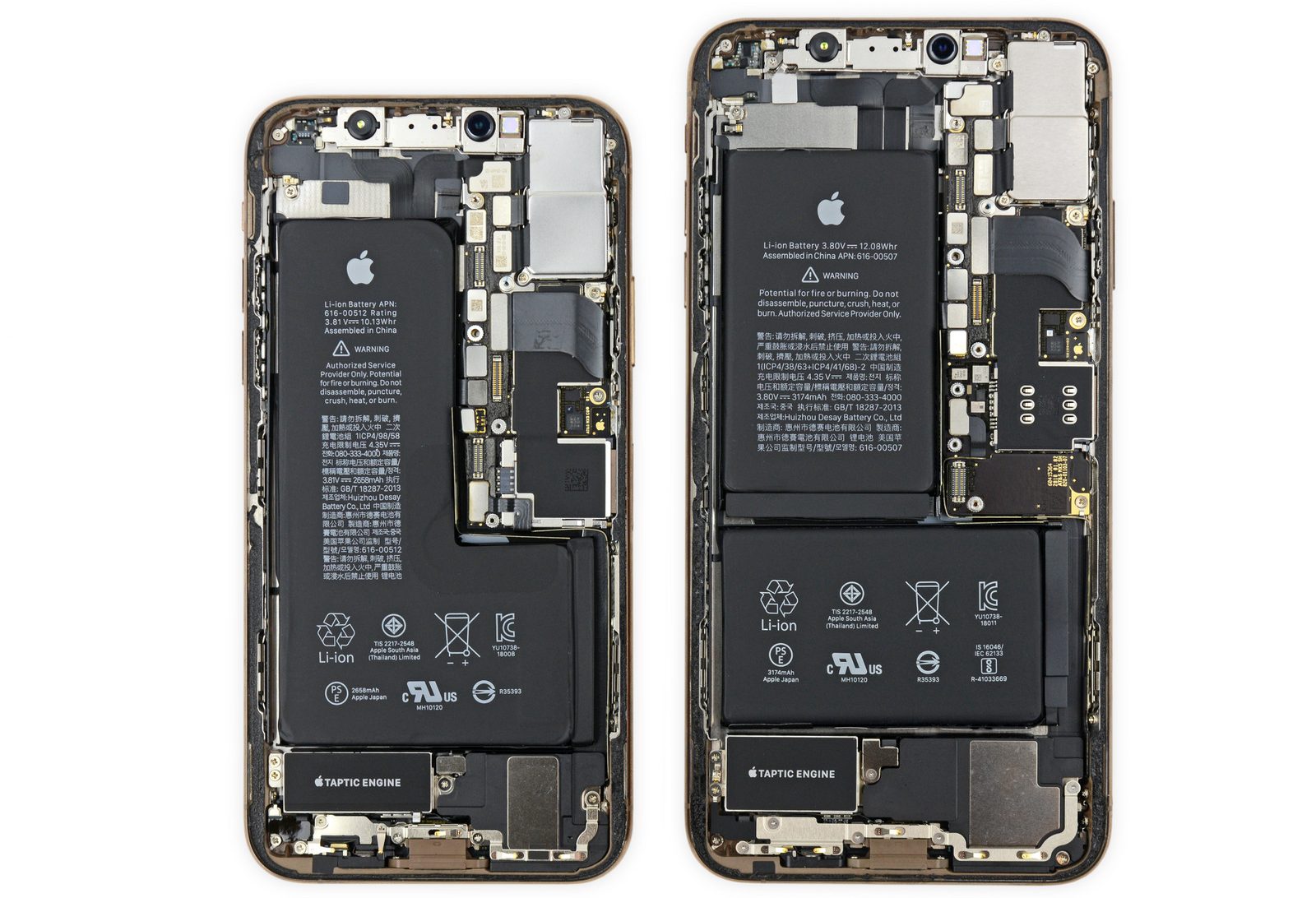
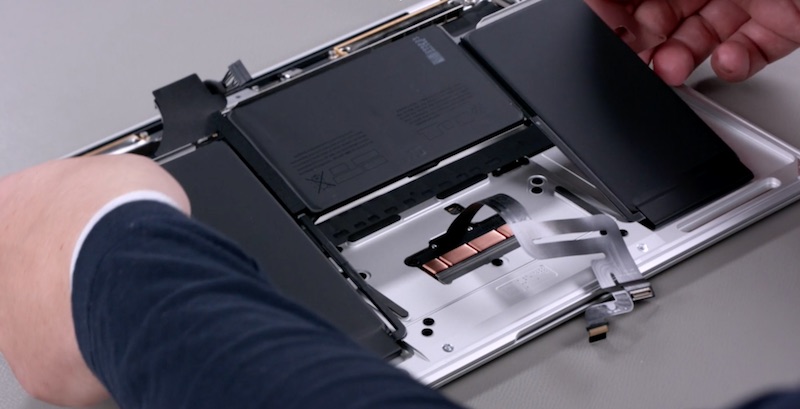
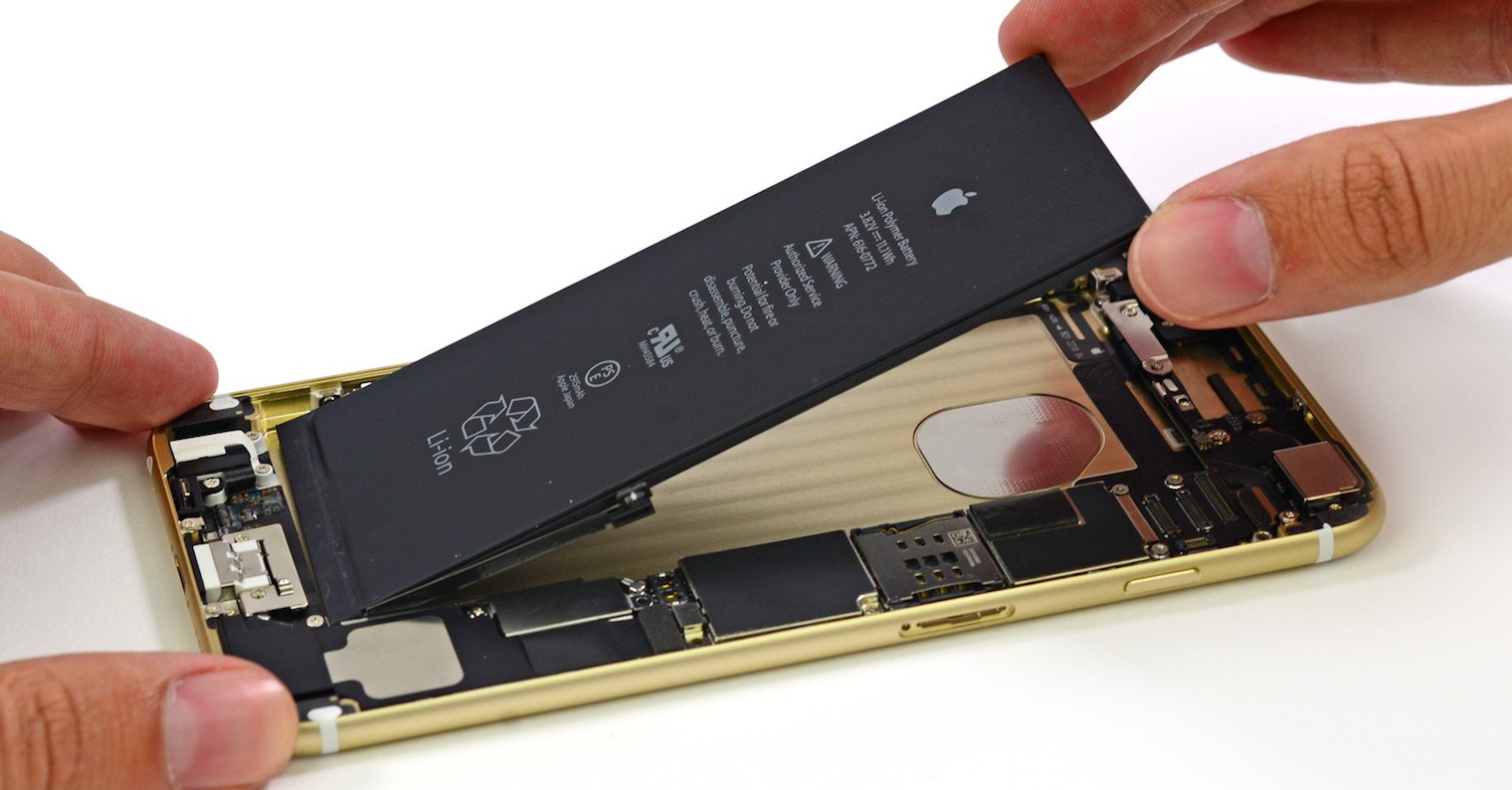

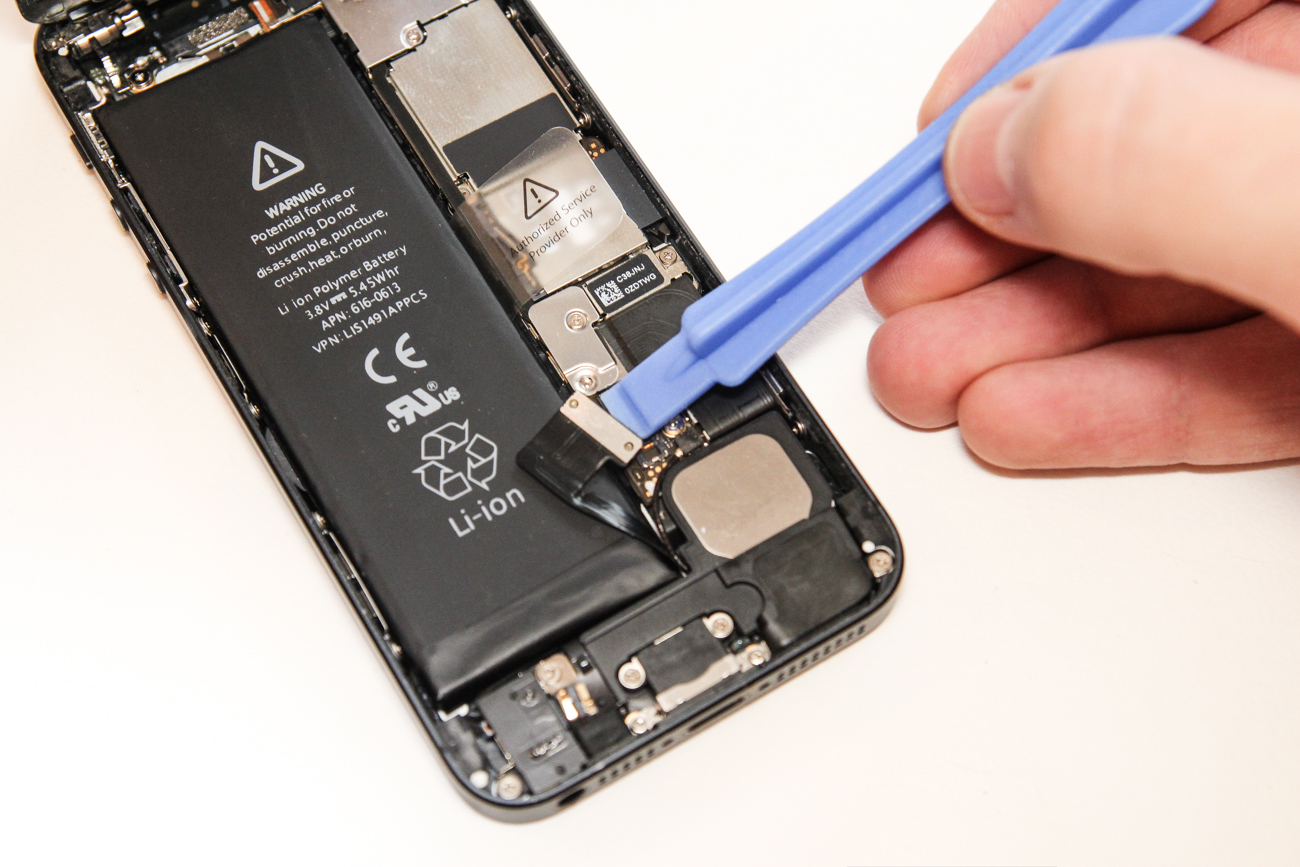
I'm curious if it will stop somewhere, or if the EUROBolshevik will talk about everything. In other words, we got rid of the centrally controlled economy (from Moscow) so that after a few years everything would be centrally controlled from Brussels.
They cover each of their other regulations (serving to consolidate power and enforce nonsense that no one wants) with green paint (and one must not object to ecological religion, it's taboo).
Soon the bureaucrat from Brussels will be dictating everything to us. How we will drive, talk on the phone, how we will live, what we will eat and drink, and whether we will bathe every day or only once a week under the supervision of an authorized commissioner.
You've got the wrong site. This is not Sputnik.
I like the idea of batteries, especially with headphones where they can't be replaced at all. That's superstition.
Great idea. At home, I have working headphones with a battery that lasts a few minutes, it cannot be replaced. They cost 5000 CZK.
In an iPhone for 37000 CZK, after five months I have a battery at 98%, replacement in a waterproof mobile only in a branded service for terrible money. Let the manufacturer try, add screws or come up with something else so that I can replace the battery myself.